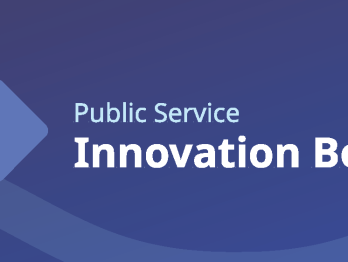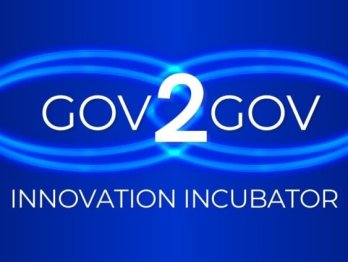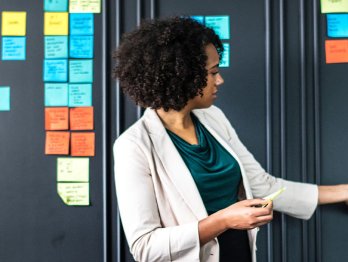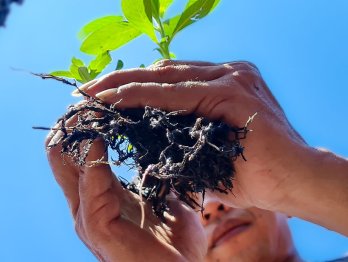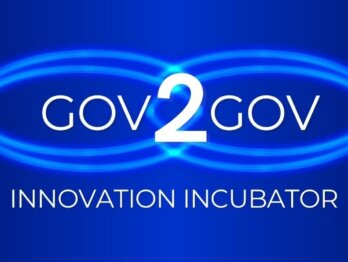Final countdown to Government After Shock!

With over 60 confirmed events happening on (or just before) the 17th of November and a distinguished line up of participants on the 18th of November, Government After Shock is shaping up to be one of the biggest international gatherings to explore the implications of the crisis for governments.
This event is an important opportunity to take stock. From early on in the year, we saw the hard work being done by different public services around the world as new things were tried at great speed. We have seen how governments can work with the private sector, civil society and the community in different ways. We have been reminded of the vital role that governments play.
We have also seen how the crisis has magnified or exacerbated underlying issues. We have seen the crisis hit hardest those who can least afford it. We have seen many governments struggle to contain the pandemic. We know that the effects of this crisis will be long-lasting, even if we we do not know exactly what they will be.
We also know that this will not be the last crisis. The pandemic has highlighted the connected nature of problems – health and the environment and the economy cannot be separated. We know the climate crisis and economic and social inequality require new approaches and big efforts by government.
In short, we know governments need to do better and do things differently – and the crisis has shown us that governments are capable of doing the unthinkable, if only the conditions demand it. So for any of us who have ever been told “That’s not the way we do things”, we now have a powerful response, “Well, everyone knows that sometimes we need to do things differently.”
There is no certainty, however, that the lessons of this extraordinary time will be heeded. There have been previous crises, previous warnings that things needed to change in how the public sector works. There have also been different groups and teams who have been demonstrating what those changes might look like. But can we honestly say, even with the impressive work of the public sector this year, that we could not do better?
And so we must all ask ourselves, “Why will this time be different?” Given the dreadful losses suffered this year, and the terrible economic and social costs that are still likely to come as the crisis plays out, learning from what we have been through and reflecting on what it reveals to us is so important.
That’s why we’re so thrilled at the diverse range of events that are taking place, and are confident that each will help build a richer picture for our core Government After Shock questions:
- What do we need to leave behind?
- What do we want to keep?
- What should we do differently?
Through all of these events, and the high level forum, we can draw together insights to help answer – what needs to come for government after shock? How can we draw the most from this year to better place us in dealing with other crises, both already existing and yet to come.
Preparation for this collective learning has been a collective exercise. Each of those who have volunteered to host an event and partner with us in delivering on the aims of Government After Shock are making this possible, and we’re very thankful to them and many others who have helped us pull this together.
The success of Government After Shock, however, will depend upon the engagement and participation of others. This important conversation will only provide the insights we need if it involves a wide and diverse range of perspectives.
So with one week to go, we want to encourage you to:
- Get involved and participate in one (or more!) of the local conversations on 17 November and contribute to a global dialogue on what the crisis has revealed about the role and expectations of government
- Register to attend the high level forum and get involved in discussing the insights from leaders and practitioners
- Tell other people about these opportunities and help build this conversation and help ensure that as the crisis evolves and resolves that we heed the hard-won lessons of 2020.
All of this will feed into a Call to Action for governments and for all of us, capturing and distilling some the key insights and challenges.
We look forward to ‘seeing’ many of you on the 17th and 18th of November.

